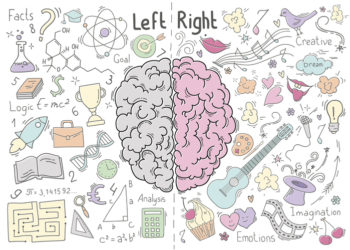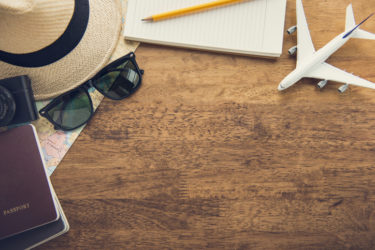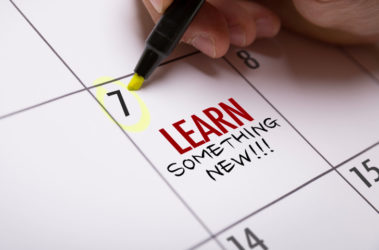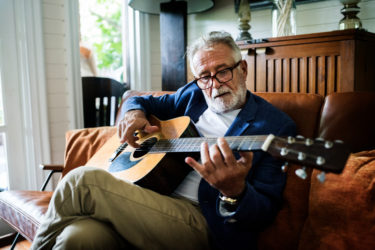The holidays are upon us and times of celebration are ahead.
However, there are unfortunate members of our society who have made it their jobs to defraud elders during this season.
Senior/elder fraud is not a thing of television shows. It is real and according to CNBC it is to the tune of $36 billion each year.
They also estimate that 1 in 18 seniors falls prey to scams each year.
This is an alarming statistic we all need to pay attention to.
According to the National Council on Aging, the following are the top ten types of elder fraud/scams out there.
- Medical and health insurance scams
- Counterfeit drugs
- Funeral and cemetery scams
- Fraudulent anti-aging supplements
- Telemarketing/phone scams- fake charity calls
- Internet scams- this includes e-mail phishing scams
- Investment schemes
- Homeowner/reverse mortgage scams
- Sweepstakes/lottery scams
- Grandparent scam- callers pretend to be a grandchild or younger relative who has fallen into an emergency
So what can you do as an elder or a caregiver to nip this problem in the bud?
In this post, I will share 3 simple but powerful tips that will help you steer clear of holiday fraudsters.
Beware of calls, texts or e-mails asking you for personal information
This seems like such a simple tip to heed but I have personally had friends and family fall into this trap.
Some fraudsters on e-mail go as far as duplicating company logos to make the e-mail look legit.
Don’t click on any link even if you think the e-mail looks legitimate. Instead, go to the company website and find the correct customer service number and call to verify if they indeed have requested this information. Chances are that if you’ve been a customer for a long time, they wouldn’t have requested this information.
Don’t give out your social security, birth date, debit card pin or password. Anyone calling you to verify ANY of this information for any reason is definitely a scammer.
Beware of holiday “donation” scammers
The holidays are a time of goodwill and you probably want to do some good and spread some cheer.
This is great.
Unfortunately, some scammers prey on the goodness of people during this season as well.
Don’t give donations to any charity you’ve never personally encountered or have experience with.
Moreover, never reveal your financial and/or personal information to these people.
Don’t give strangers remote access to your computer
This one was a new scam I discovered this year!
Someone called me over the phone and told me they were from Microsoft and that they had noticed that my computer was giving off problematic signals to their office. I learned later that this was a scam where if you gave them the information they were looking for, they would take control of your computer remotely and basically do whatever they wanted. And that would include stealing personal information.
Talk about boldness!
Microsoft is too busy building computers and software. Nobody from their company, or any respectable company for that matter, is going to call to tell you of “problematic signals” from your computer.
A fiduciary could help
If you have a loved one who is older and struggling to keep up with all their financial obligations, it might be time to hire the services of a fiduciary.
A fiduciary is a licensed professional who serves as an impartial third party in managing the finances of elders. They are required by law to work in their client’s best interest.
A fiduciary can handle things like paying bills and helping elders plan their will.
If you are concerned that your loved one is at risk for a financial scam or fraud during this holiday season, it might be time to research and enlist the services of a licensed fiduciary.
Closing Thoughts
When in doubt, give your information out to nobody.
Trust your instincts.
If it smells, looks and moves like a rat, it is a rat!
If you enjoyed this post, please consider sharing it with someone. We can stop holiday fraud together.







